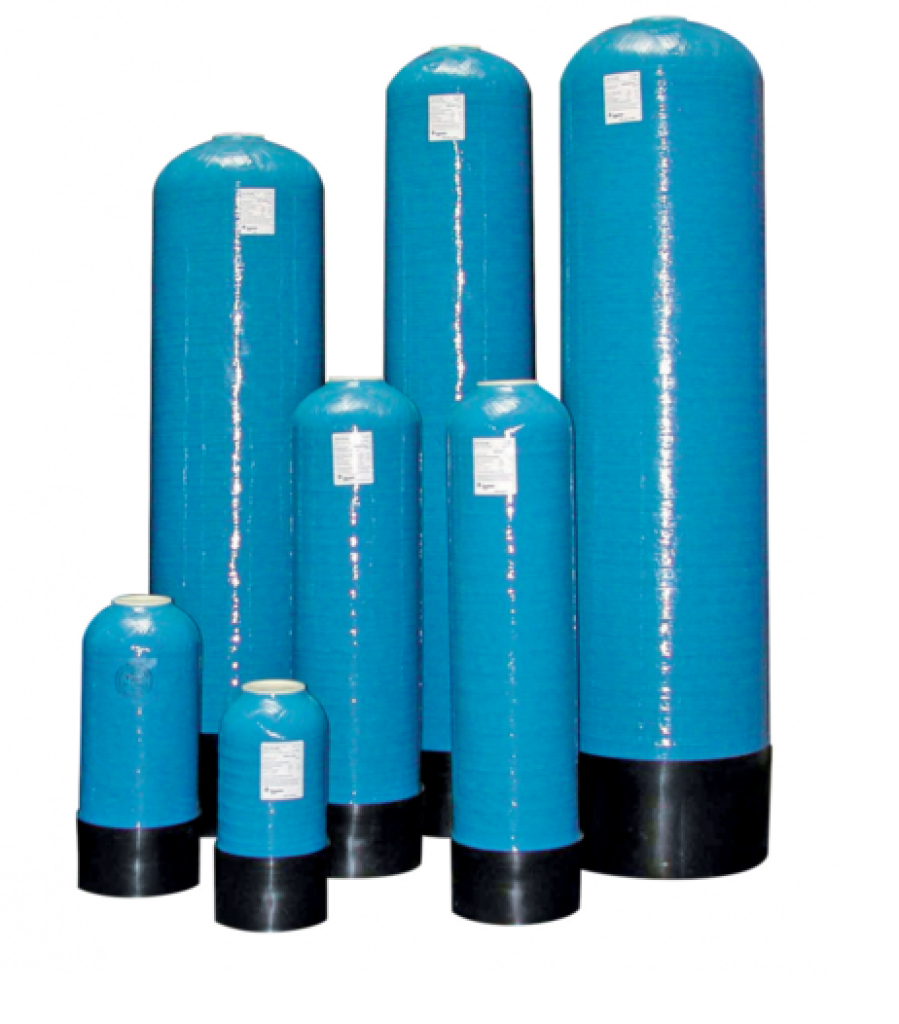Professional-grade adhesives are crucial in various industries and applications, offering unmatched strength, durability, and heat resistance. Unlike standard adhesives, professional-grade formulations are engineered to maintain their structural integrity even when exposed to high temperatures, making them essential for industries like automotive, aerospace, construction, and manufacturing. One of the key advantages of professional-grade adhesives is their ability to bond a wide variety of materials, including metals, plastics, composites, and ceramics. This versatility makes them ideal for use in complex assemblies where different materials must be joined together reliably. For instance, in the automotive industry, adhesives are used to bond components like panels, trim, and glass to ensure secure attachments that can endure both thermal expansion and contraction over time. In the aerospace sector, adhesives are used in the construction of aircraft parts, where high heat resistance is critical for maintaining the integrity of joints and seals under extreme temperatures during flight.

The ability of professional-grade adhesives to resist heat is particularly important in applications where heat exposure is unavoidable. High-performance adhesives are typically formulated with specialized resins and curing agents that enable them to withstand continuous exposure to temperatures ranging from 150°C to over 300°C, depending on the specific product. For example, in electronic devices, adhesives that can endure the heat generated by components like microprocessors and batteries are essential for ensuring long-term reliability. Without these high-temperature adhesives, the bonds could degrade over time, leading to failure of the device or equipment. Additionally, Hittebestendige lijm professional-grade adhesives offer superior resistance to thermal cycling the process of repeated heating and cooling. Materials expand and contract with changes in temperature, and adhesives that cannot accommodate these movements may fail, causing structural issues. High-quality adhesives are designed to be flexible enough to absorb these changes, which is critical for applications such as automotive manufacturing, where vehicles undergo frequent temperature fluctuations, both internally and externally.
The chemical composition of professional-grade adhesives also contributes to their heat-resistant properties. Many of these adhesives contain advanced polymers, such as epoxies, silicones, and polyurethane, that has been specifically formulated to maintain their bonding strength even under thermal stress. These polymers do not break down or lose their adhesive properties when subjected to heat, providing long-lasting performance. In addition to heat resistance, these adhesives must also offer other important characteristics, such as excellent shear strength, resistance to aging and environmental conditions, and the ability to bond in a variety of environments e.g., humid, wet, or underwater. Professional-grade adhesives must also be easy to apply, with consistent viscosity and fast curing times to maximize efficiency in industrial processes. Furthermore, these adhesives are often formulated to meet strict industry standards and certifications, ensuring that they meet or exceed performance criteria for specific applications. Professional-grade adhesives represent a vital component in industries that demand high performance and durability.





